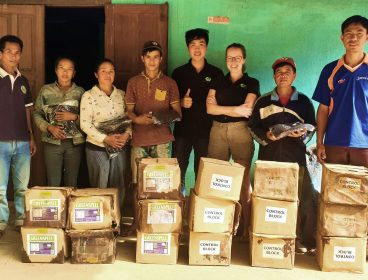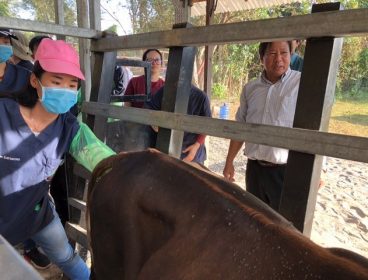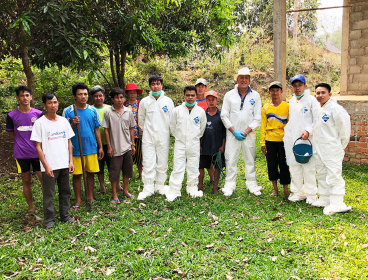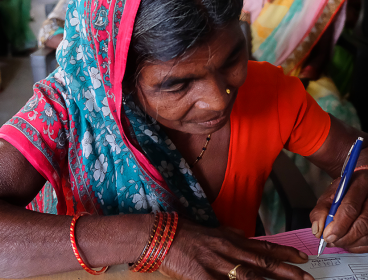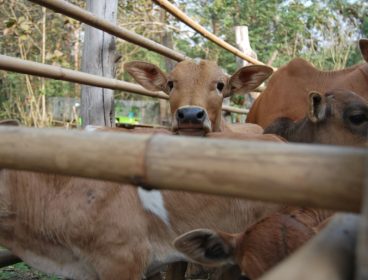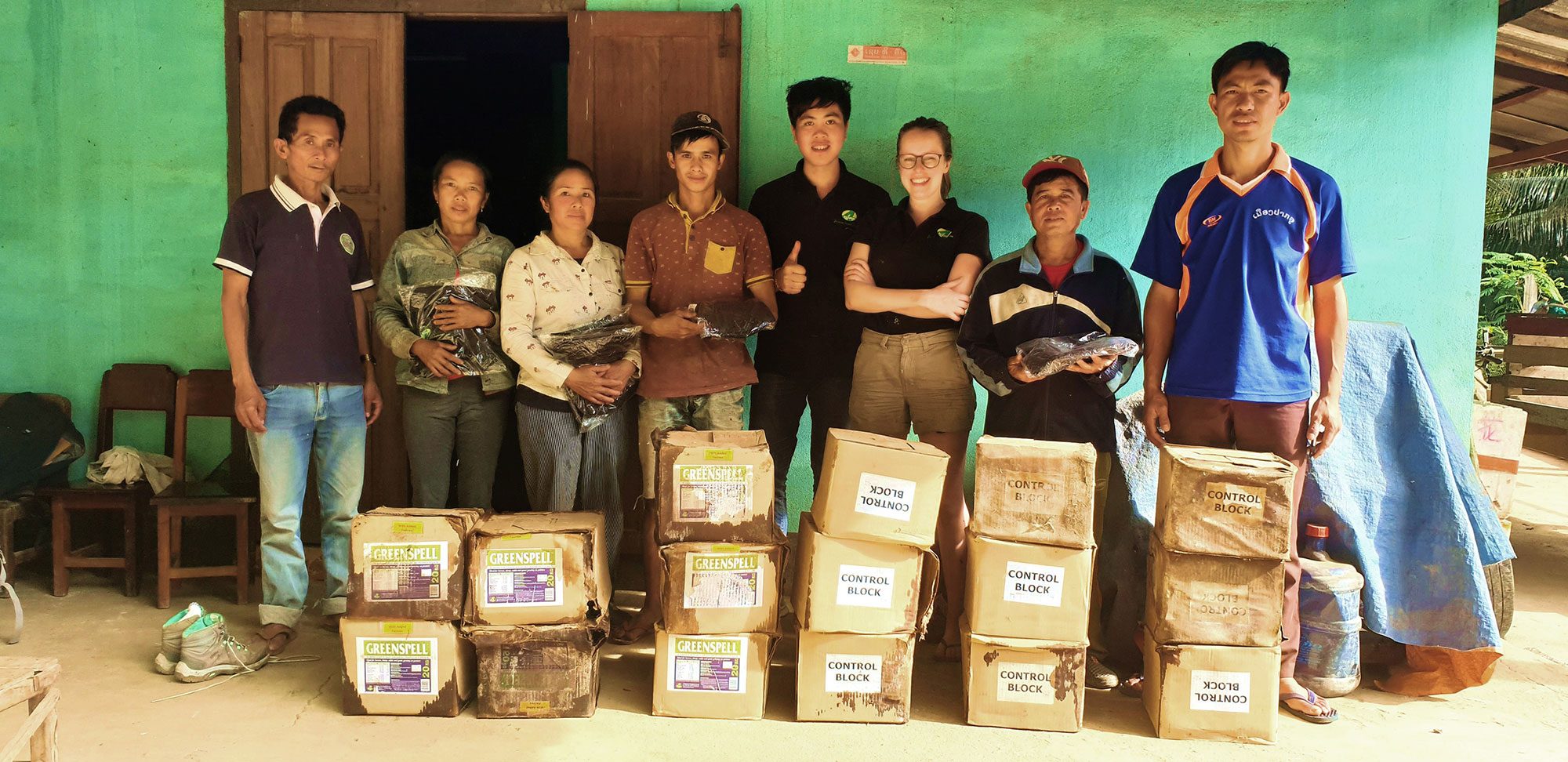
Enhancing livelihoods of smallholder farmers in Laos
85%
15%
Partner contribution
$ 1,791,116
DFAT contribution
$ 341,000
Total Value
$ 2,132,116
Start: November 2017 - End: December 2019

4 Season Company
4 Season Company Pty Ltd has supplied animal nutrition products to rural Australia since 1997. The company is continuously looking at increasing efficiency in medication administration methods and to develop new and improved products. 4 Season collaborates closely with scientists in Australia and elsewhere to identify and address pasture nutrient deficiencies, particularly for tropical beef production.

The University of Sydney
The Faculty of Veterinary Science from the University of Sydney has conducted applied research in Laos and Cambodia for ten years, identifying animal health constraints as a key contributing factor in limiting the livelihoods of cattle and buffalo smallholder farmers. This research has identified Medicated Urea Molasses Blocks (MUMBs) as having the most transformational potential for this industry.
This partnership between 4 Season Company, the University of Sydney, the Laos PDR Department of Livestock and Fisheries and DFAT generates sustainable livelihoods and improved financial security for smallholder farming families in Laos through improved marketability of cattle and buffalo. The initiative aims to test the efficacy of a range of nutrient and parasite control blocks (MUMBs), and to address animal health constraints through introducing nutrient blocks and MUMBs to the local market, creating a new, highly effective method to control parasites, and maintain dry season animal health and nutrition.
Farmers in Laos currently have limited access to nutritional supplement products and the administration of vital animal medication has often been inefficient. Livestock health will improve through greater access to supplements that deliver superior nutritional performance and internal parasite control resulting in higher meat yields.
To date, 4 Season has provided support for early feasibility trials for this initiative, donating a number of MUMBs and assisting with transportation costs to enable preliminary trials for potential adaptation of this technology in Laos. The University of Sydney oversees testing of the efficacy of different MUMBs and supports 4 Season in the development of the business model. The DLF has collaborated with the University of Sydney’s Faculty of Veterinary Science on its cattle health and production projects in Laos for 10 years. The DLF has responsibility for delivering health and productivity extension services throughout Laos, which can include MUMBs. They also work closely with smallholder farmers and cattle traders to collect necessary data to evaluate performance of the technology. DFAT provides critical co-investment and advocacy support for the development of livestock agriculture in Laos including accessing local and regional agricultural and business expertise.
While MUMBs already support livestock production in around 60 tropical countries, they are not currently available in Laos and neighbouring countries. The potential market for MUMBs in these countries is therefore significant. This initiative aims to benefit around 10,000 cattle and buffalo farming households by increasing productivity as a result of improved nutrition and reduced disease with the potential to increase farmer incomes by up to 25 per cent.
This initiative promotes women’s economic empowerment through increased incomes from cattle raising and by enhancing women’s voices in decision making as income from cattle raising increases.
Cattle raising is traditionally a male occupation. However, as men seek employment elsewhere, women are increasingly responsible for this work with women directly involved in raising cattle in 20 per cent of households. Increased participation and income from cattle raising has the potential to enhance women’s status in the family and in financial decision-making. Nutrient blocks also allow women to remain close to home as cattle require little mustering to return home at the end of each day in order to feed on the blocks.

